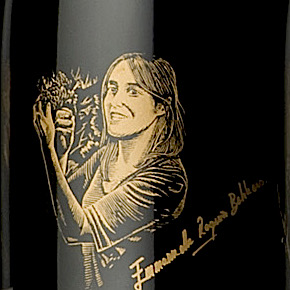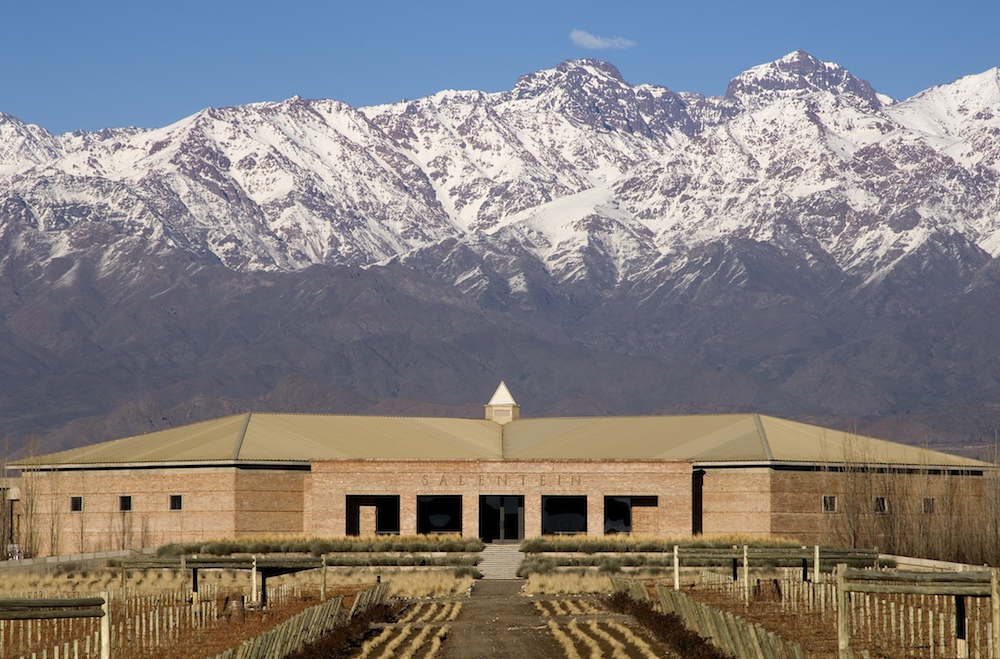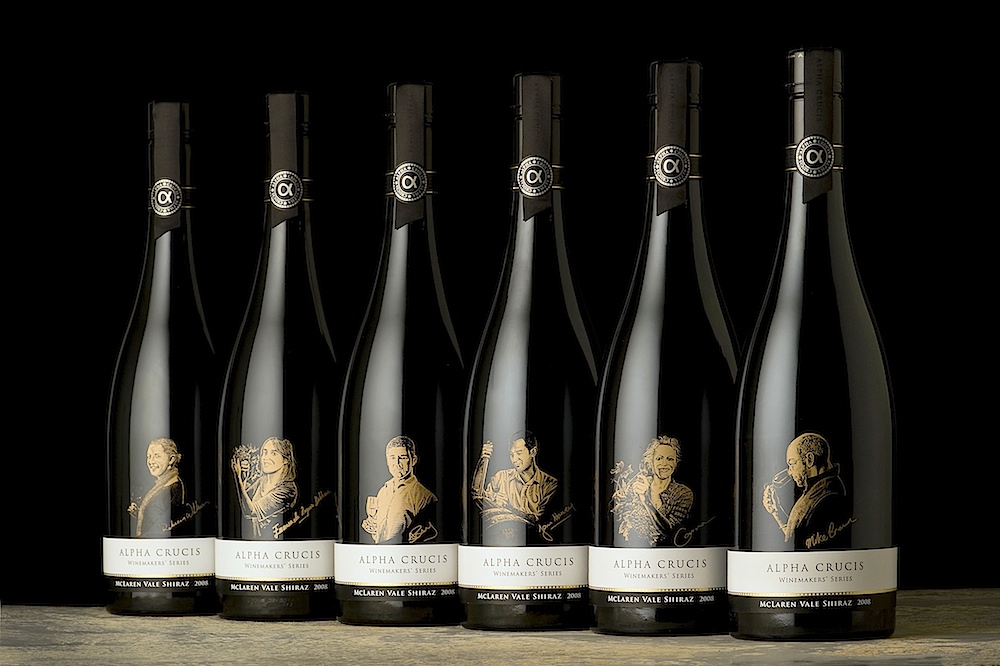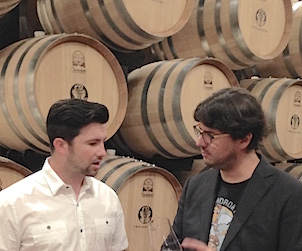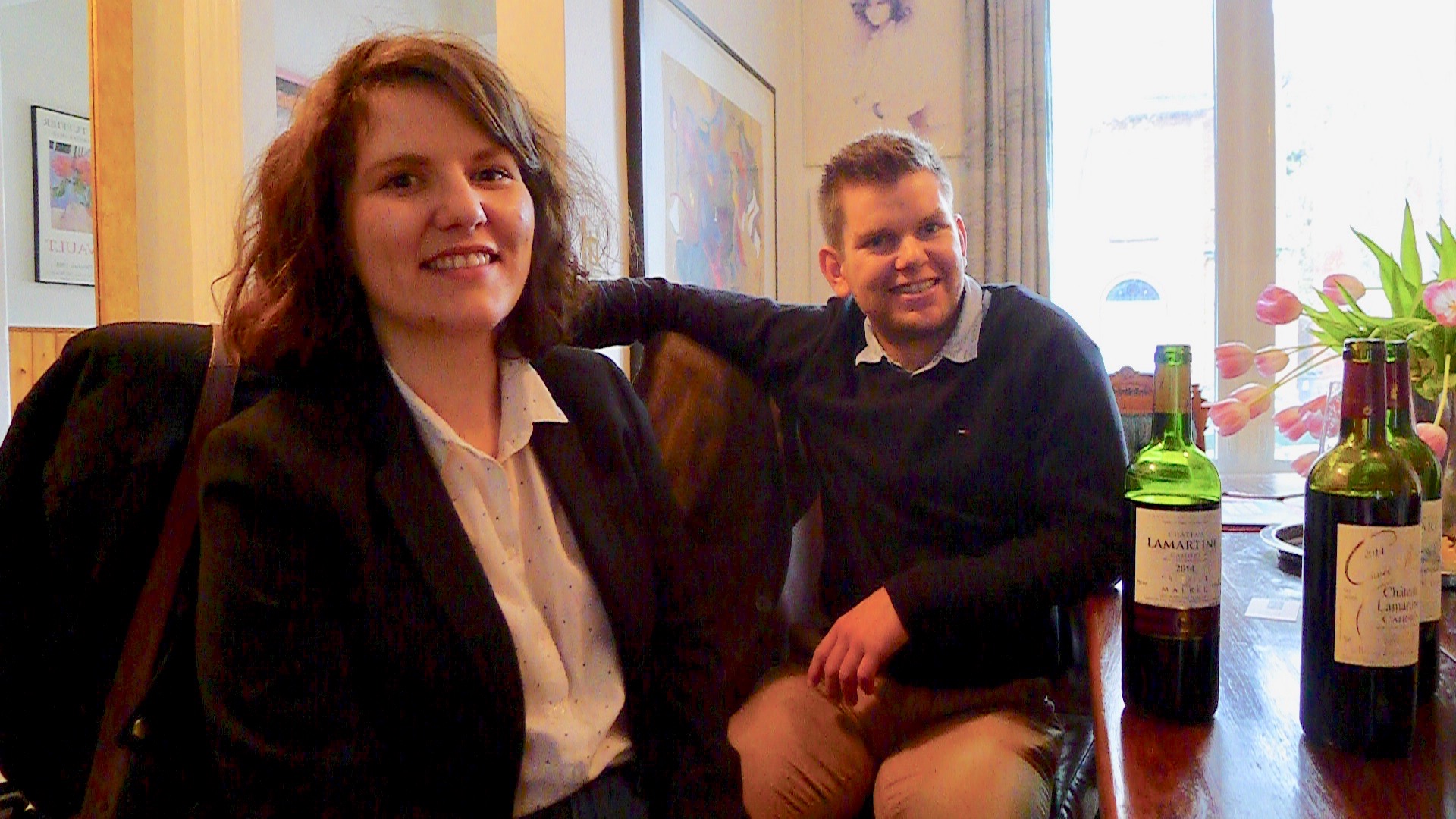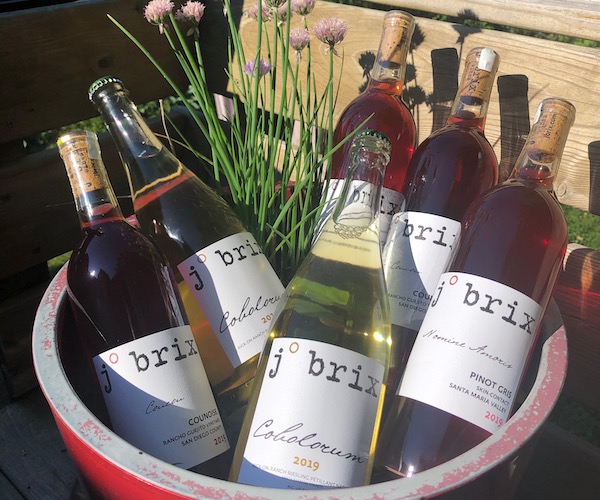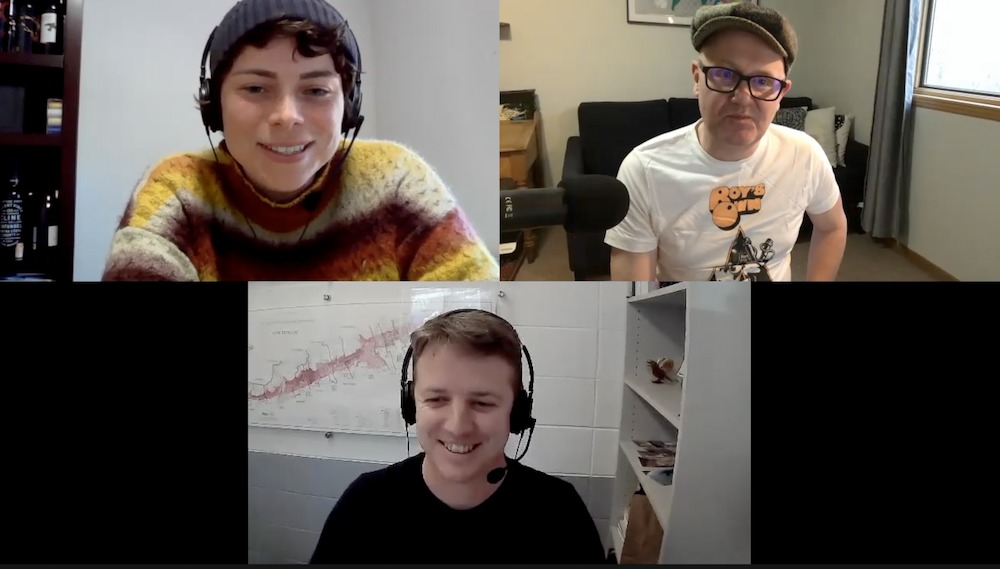Five Wine Terms That Get Me Every Time – by Dan Rabinovitch
As a wine agent with over a decade of experience, I get regular proposals to for Azureau to represent wineries in Ontario. Catchy email headers vie for my attention with claims of everything from “CHEAP WINE” to “small, family run boutique winery run by one guy and a mule”. While these claims may signal potentially outstanding quality and value, the process of sifting fact from fiction is time consuming and statistically not the best bet.
All that said, I have found there are five terms that a winery may use to describe its wines and processes that always draw my interest and more often than not lead to something worth exploring. Have a read and if you want to get a taste for why I feel this way, you can sample any of the wines below at The Gourmet Games, on Thursday, October 2 from 6:30 to 10 pm at The Berekely Street Church. (Get your tickets here with promo code “GFR” for a 50% discount)
- Old Vines and Dry Farmed
I am an absolute sucker for wines coming off Old Vines. Add the term Dry Farmed and I’m 99% sold. What both these viticultural references mean to me is: stressed vines. This is machismo in grape growing; what doesn’t kill the vine makes the grapes stronger. The longer a vine lives the deeper its roots sink and the more concentrated the fruit becomes. Several of the wines I represent from Spain fall into this category: El Chaparal Grenache (80 year old vines, Navarra); Senioro del Bierzo Mencia (100 year old vines, Bierzo); Sango Reserva (80 year old Tempranillo vines, Toro). - High Altitude
My wine agency has its roots in the restaurant trade. As such we have always valued wines with firm acid structure so they can stand up to bold, flavourful foods. One sure fire way to get acidity is to stick your vines on top of a mountain. Take the wines of Alto Adige from Erste + Neue for example. Planted in an Italian region that borders Austria, their Rieslings, La Greins, and Pinot Biancos are as bracing as they are richly layered. Another take on the theme: Torrontes from the high Uco Valley in Mendoza, Argentina. I visited this site of Bodega Salentein in March this year and though it was the peak of summer I wore a light sweater at their 4,000 foot high vineyards.
on the theme: Torrontes from the high Uco Valley in Mendoza, Argentina. I visited this site of Bodega Salentein in March this year and though it was the peak of summer I wore a light sweater at their 4,000 foot high vineyards. - Break Through Packaging
I learned many years ago that packaging really matters in wine. We all walk into dinner parties and want to impress people with something new and exciting or tried and true. I have yet to see someone football handle a bag-in-a-box through a threshold hoping for oohs and ahhs. So when I saw the packaging for Purple Paradise, a project from Paso Robles winery Chronic Cellars, I had to try this. To me, the label is the beginning of a story; in this case about two surfer-biker brothers who love jammy Paso reds. Since the wine delivers, it’s a great dynamic. - Multi-Generation
Nothing speaks to success more than longevity. Even the wealthiest dilettante won’t stay in the wine game if their venture isn’t making money and/or generating true acclaim. To this point, I proudly represent one of the very first estate wineries in Stellenbosch, South Africa, Simonsig. Dating back to 1688, this winery is still in the hands of the founding Malan family and the passion still runs deep. - Experimental
This can be hit or miss. Sometimes wine really doesn’t taste right in a jello shot. But a very well articulated query into a winemaking style, executed with discipline and skill can yield truly fascinating and delicious results. Take Australian winery Chalk Hill’s Winemaker Series. One plot of McClaren Vale Shiraz. Six top winemakers. Half male; half female. All 90-94 point rated wines. Can you detect the influence of gender in winemaking style? Now that’s cool.
There’s no question: picking winning wines is not a science. But it doesn’t have to be a mysterious process. To me, it’s just about taking notes of what consistently delivers for you in a wine, no matter where it comes from.
Dan Rabinovitch is the President of Azureau Wine Agency. Azureau is a Good Food Fighter. Please support the businesses and organizations that support Good Food Revolution.

